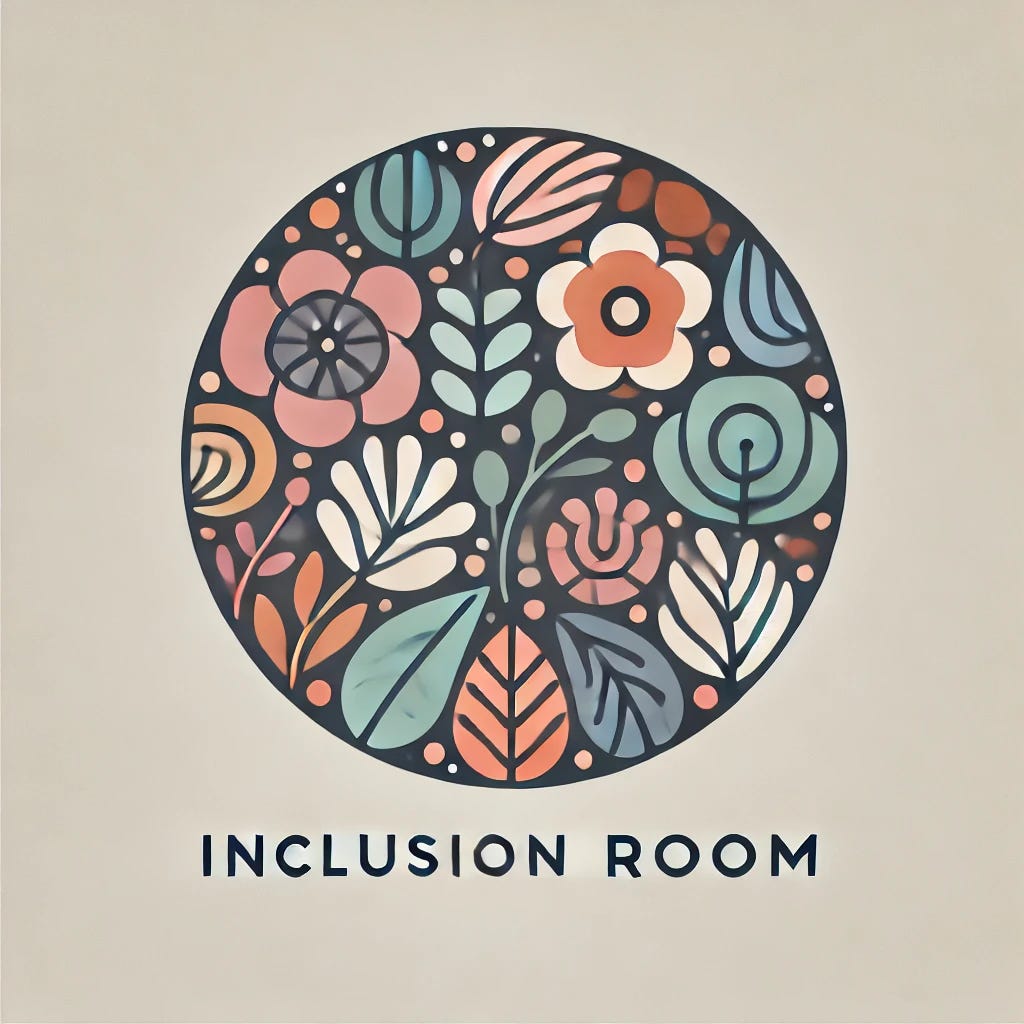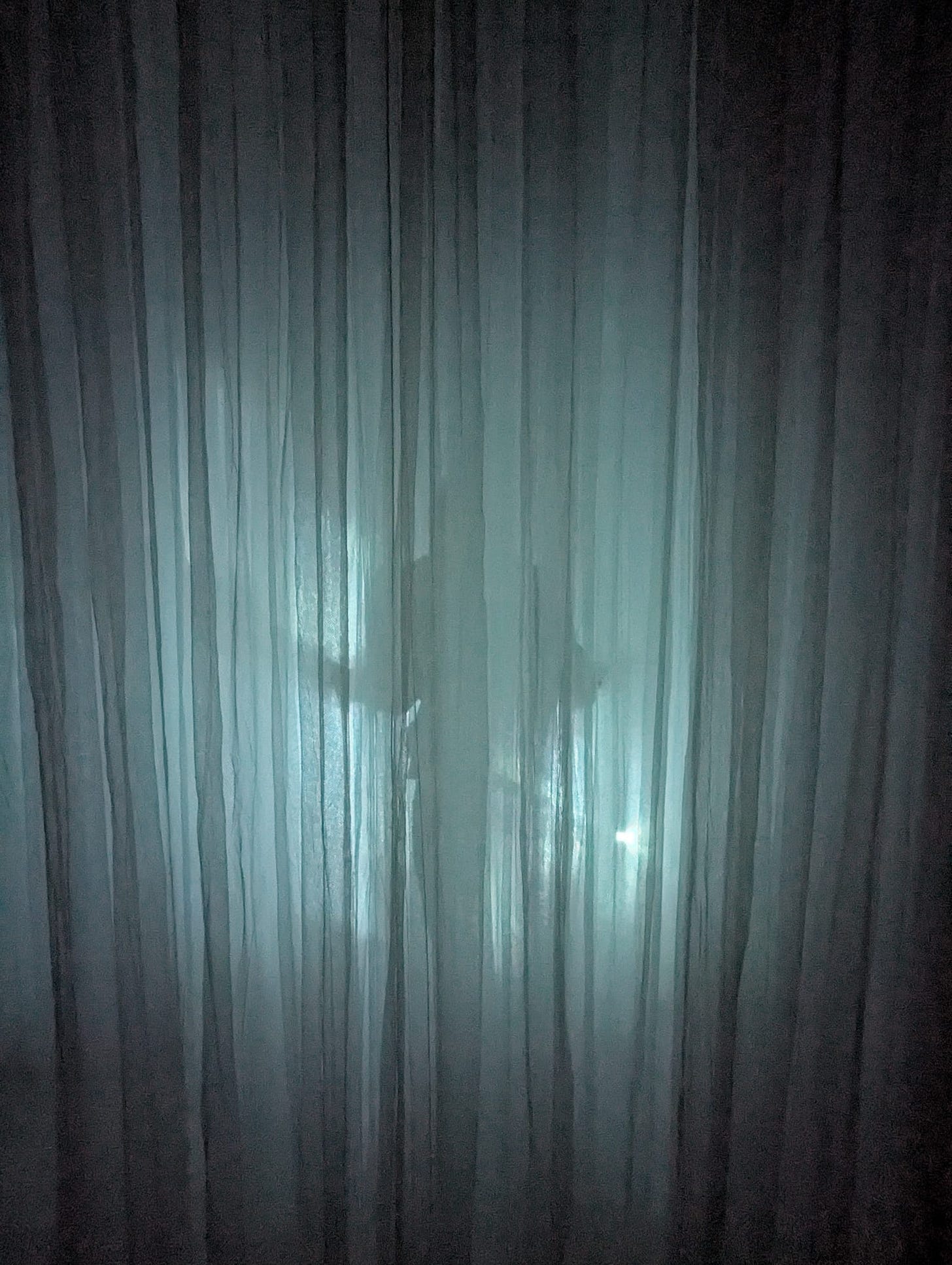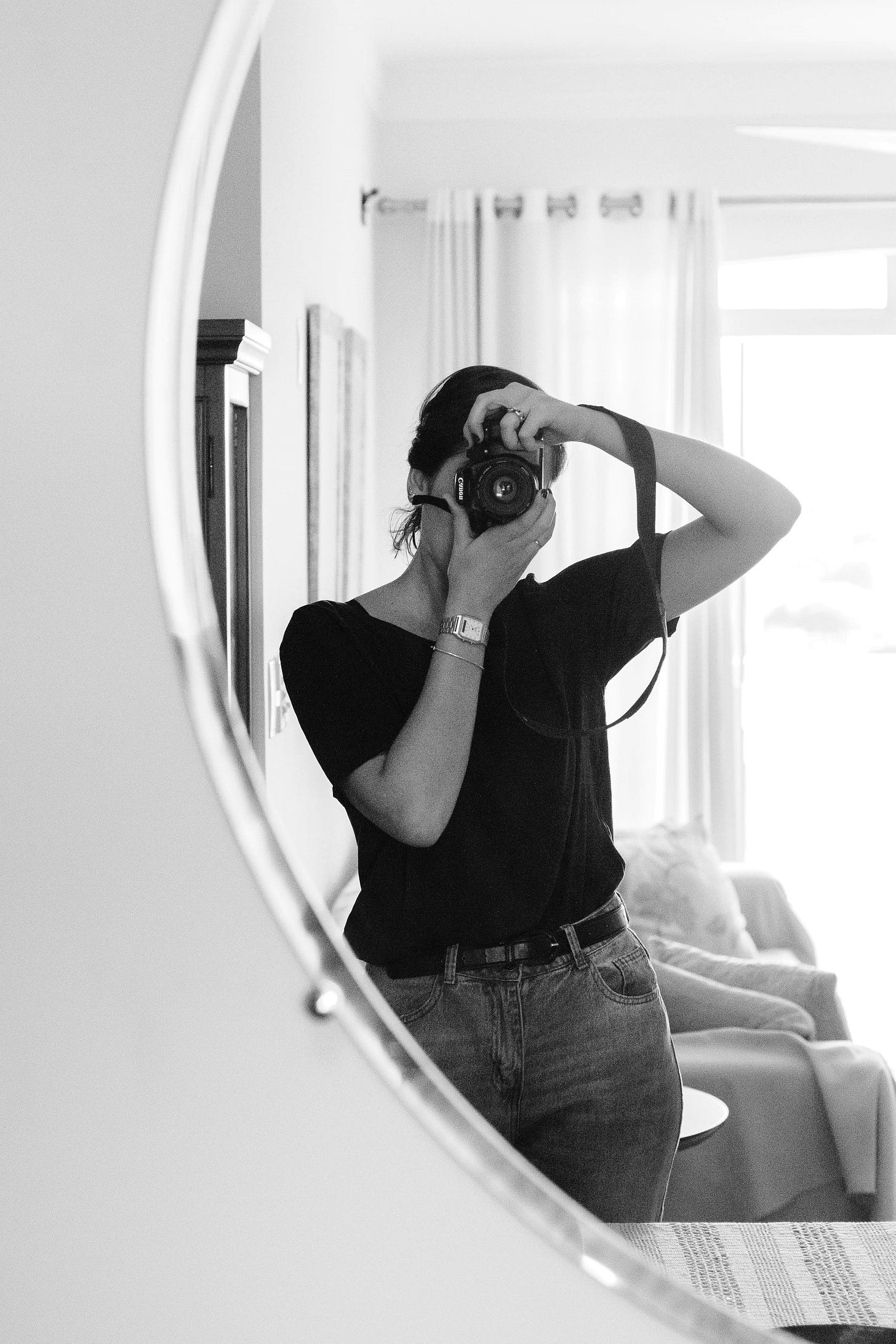What if you gave yourself permission to see yourself— before anyone else does?
Belonging to yourself is your anchor
Welcome to The Inclusion Room — a space where literature, science, and storytelling meet to unlock the power of diversity, inspiring both personal and professional growth.
What if you gave yourself permission to see yourself — before others do?
To recognize your worth before anyone validates it. To define your identity before others assign it. To belong to yourself, first.
It sounds simple, but it goes against so many hidden messages we’ve internalized, often from a young age.
The invisible barriers
In Transactional Analysis —a psychological theory developed by Eric Berne— there’s a concept called injunctions. These are unspoken, often unconscious messages that children absorb early in life, often from parents or their environment. They shape our beliefs about ourselves and our relation with the world.
There are twelve injunctions, the most common related to belonging and our connection to others include:
Don’t be you
Don’t exist
Don’t succeed
Don’t feel
Don’t belong
They’re rarely said outright, but they are felt: in a parent’s silence, a teacher’s lack of interest, a boss who never hears your idea until someone else repeats it.
Over time, these messages seep into our nervous system and create barriers to authentic self-expression and meaningful relationships, often shaping how we navigate social and professional environments.
We learn to doubt our own worth, to rely on external validation, to wait for others to define us before we dare to show up.
When you forget you have agency
This is where we begin to lose our sense of self-determination.
According to Deci & Ryan, people have three basic psychological needs:
Autonomy – the need to feel in control of our own behavior and goals
Competence – the need to gain mastery and feel effective
Relatedness – the need to feel connected to others
When these needs are satisfied, we are more likely to feel motivated, engaged, and fulfilled.
However, in real life, we often lose control over how we can fulfill these needs relying on our own internal resources.
Too often, our goals are shaped by social pressure, leading us to pursue paths that aren’t truly ours.
In corporate life especially, competence is treated as something to be assessed by others. You become what others say you are. And slowly, you stop seeing yourself unless you’re reflected through someone else’s lens.
For me, relatedness is the most important of the three needs. But even there, depending on your environment, you can easily fall into over-adaptation just to belong. And when you over-adapt, you risk slowly disconnecting from yourself.
Self-awareness begins with cultural awareness.
It took me years to understand the importance of deeply cultural awareness. By culture, I don’t mean only nationality. I mean all the groups I belong to—gender, profession, work contexts, generation, expatriate identity, languages.
Today I can say that culture, in all its layers, has become the lens through which I truly see myself. It helps me reclaim my story and my background. It explains to why I feel out of place in some rooms and deeply grounded in others. It explains the subtle misalignments, the "something feels off but I can't name it" moments. But I’ve also learned this:
Those who don’t share that lens may misread you.They might shrink your story to something easier to categorize. And that’s okay — as long as you don’t shrink yourself in response.
Belonging to yourself is the anchor
This is why I keep coming back to the question: What if you gave yourself permission to see yourself — before others do?
It’s a quiet but radical act.
Belonging to yourself is like having an honest conversation with your self awareness — behind a closed door. Without asking for external confirmation of your value, for validation of your needs. It’s a moment that happens between you... and you.
It’s refusing to live in permanent adaptation mode just to fit in. It’s replacing old injunctions with new truths:
✅ You are allowed to take up space.
✅ You are allowed to know who you are — even if no one else sees it yet.
✅ You are allowed to show up as you are and shine for yourself, on your own terms.
I’m still on that journey. But every time I give myself that permission, I feel anchored and loyale to who I am, each step closer to a version of myself that feels whole and true.
This post was inspired by a meaningful conversation with some of you, particularly
, in response to one of my recent notes.I’d love to keep the conversation going — feel free to share your experiences, reflections, or questions in the comments.
If this resonates with you, I’d love to support your journey through 1:1 coaching. Consider becoming a paying subscriber to receive your first session





This resonates so deeply for me—after a very serious wake up call from my body in the form of anxiety and panic attacks, I began a mindfulness journey that unlocked the sense of safety and contentment I’d spent ages seeking outside myself. Since then, I’m much less compromising on what I need for myself.
This is so similar to what I call coming home to yourself. I'm becoming more and more conscious of the fact that the way you see yourself affects how others will see you. More so, if affects how you feel about how others see you.
Thank you for another insightful read!